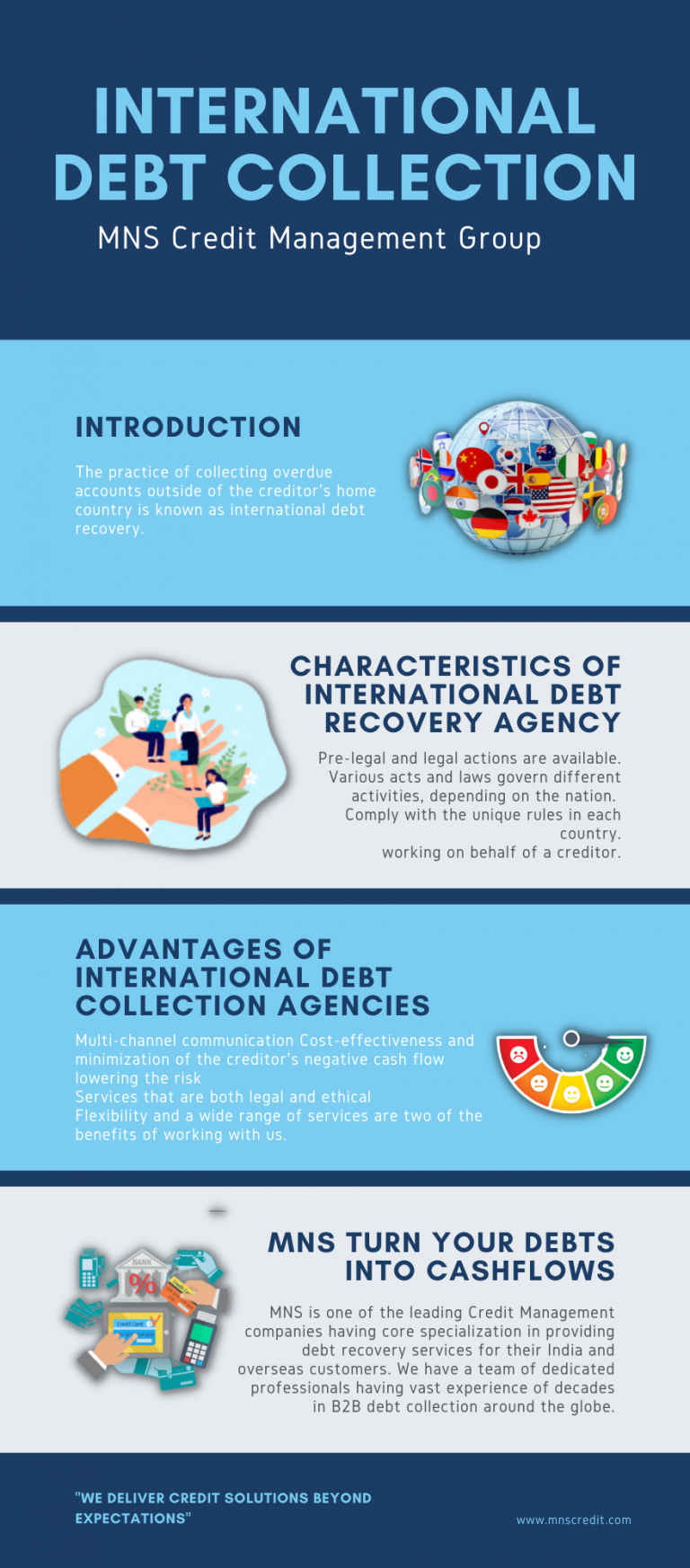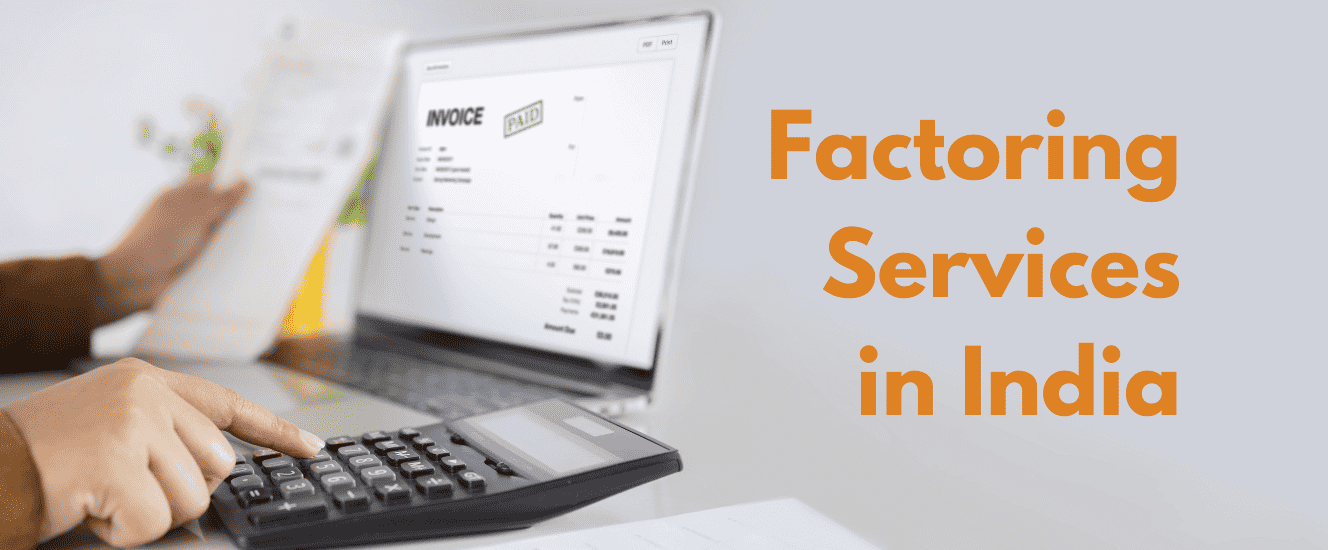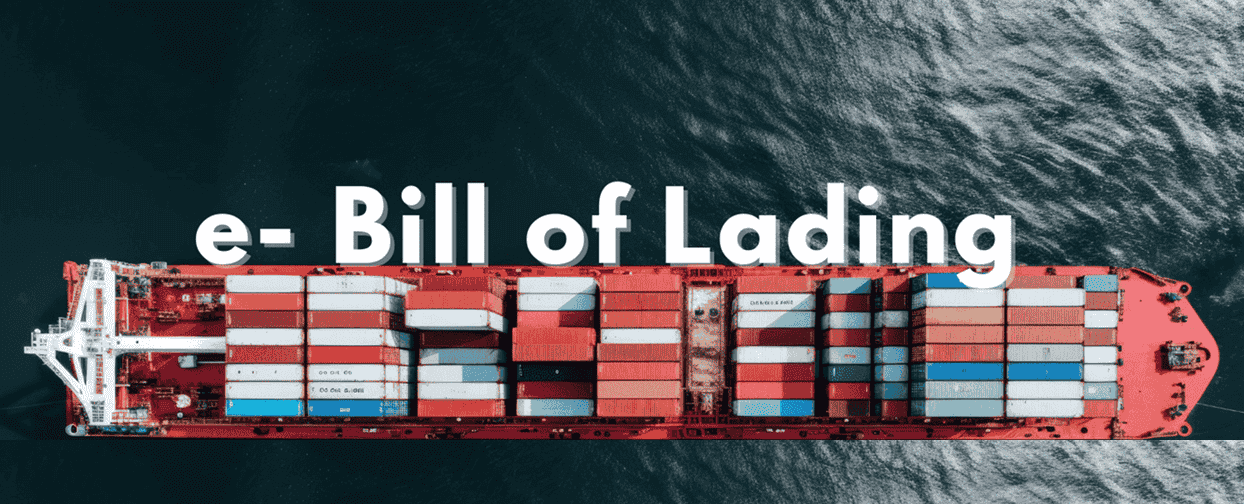Collecting debts from domestic customers is difficult enough, but trying to collect a debt from an international customer is considerably more difficult.
The process of obtaining overdue funds from a foreign client relative to products or services delivered is known as international debt collection.
The overseas debt collection process is governed by your debtor’s domestic laws.
In foreign debt collection, having the correct partner is crucial, but employing a collection agency isn’t always the best option.
International debt collection is the process of chasing money owed to you by clients in another country in exchange for goods or services rendered. The initial step is to inform the international client of your desire to be paid, however, you may need to use an outside service to collect the debt. If your techniques fail, you can employ a collection agency to deal with nonpaying consumers – even if they are located outside of your country.
“International debt collection should follow the laws or international treaties of the debtor’s country.”

On a global scale, debt collection follows the same four processes as local debt collection:
You’re probably familiar with the process of collecting domestic debts; after all, both you and your debtor are subject to the same laws. However, because there are no international laws controlling debt collection, things work differently in international debt collections.
1. Debt collection proceedings against a client based outside your country, on the other hand, must adhere to the legislation of the client’s home country. As a result, if your organization is based in the United States and you’re pursuing debts from a German client, the operation will be governed by German debt collection laws. You should hire a collection firm that has worked with laws in your client’s country before.
Furthermore, in order to properly enforce an international debt collection judgment, a debtor must reside in a jurisdiction that has legitimate international debt collection laws.
2. Select a debt collecting agency with relevant experience: As previously noted, some debt collection agencies have greater experience pursuing debts in specific countries than others. Inquire about the track records of many debt collection agencies you’re contemplating working with, and only agree to work with one that can demonstrate a successful track record in your client’s area.
If you can’t identify a collection agency in the United States with experience in the country you want, consider calling agencies in your client’s location. These companies will be well-versed in the debt collection process in your client’s area. If the agency works with international clients, it could be a suitable match.
It’s natural that you want your bills paid as quickly as possible; but, using a Debt Collection Agency isn’t always the best option (at least not yet). Before you take the plunge, bear the following in mind:
3. Before employing an international debt collector, reevaluate the case:
It never hurts to make one more request. If your payment is only a little delayed, often all a nonpaying client needs is a gentle nudge to issue payment. Late fines can have a significant impact. Reissuing an invoice with a late fee (or even threatening to do so) might sometimes be enough to persuade a client to pay. If you choose this strategy, you’ll also avoid paying a collection agency.
Collection agencies have a tendency to burn bridges. If a nonpaying customer is one of your biggest or most devoted customers, you should contact a collection agency only if you have no other option, as it may harm the relationship.
Not every invoice is worthy of being sent to collections. It’s one thing if a client owes you $10,000; it’s quite another when the stakes are only $100. Granted, no amount of unpaid debt is good for your business, but you’ll almost certainly have spent far more than $100 to achieve the $100 you’re after. This takes us to the final consideration you should make before employing a collection agency.
Debt recovery can be quite costly. If you hire a debt collection firm, you will lose a portion of the debt you owe. However, if your unpaid invoice is both late and valuable, you may choose to contact a collection agency. Otherwise, accepting the loss, leaving the client behind, and finding new clients can be a better option. The money you make from these new clients can be worth more than the money you lose.
FAQs:
1. What is international debt collection?
International debt collection refers to the process of recovering outstanding debts from clients or businesses located in foreign countries. It involves navigating different legal systems, cultural norms, and languages, often requiring specialized expertise and local assistance to successfully recover the debt.
2. Why is international debt collection more complicated than domestic debt collection?
International debt collection is more complex due to factors such as:
3. Can I use a debt recovery network for international collection?
Yes, several global debt recovery networks can help businesses recover international debts. These networks consist of trusted debt collectors and law firms in multiple countries, providing a coordinated and efficient approach to international debt recovery.
Recommended Read:









